
下载亿题库APP
联系电话:400-660-1360

下载亿题库APP
联系电话:400-660-1360

请谨慎保管和记忆你的密码,以免泄露和丢失

请谨慎保管和记忆你的密码,以免泄露和丢失

小伙伴们,雅思考试大家复习的怎么样了呢?下面是帮考网分享的一些雅思考试阅读部分的复习资料,一起来看看吧!
Chelsea Rochman, an ecologist at the University of California, Davis, has been trying to answer a dismal question: Is everything terrible, or are things just very, very bad?
Rochman is a member of the National Center for Ecological Analysis and Synthesis\\'s marine-debris working group, a collection of scientists who study, among other things, the growing problem of marine debris, also known as ocean trash. Plenty of studies have sounded alarm bells about the state of marine debris; in a recent paper published in the journal Ecology, Rochman and her colleagues set out to determine how many of those perceived risks are real.
Often, Rochman says, scientists will end a paper by speculating about the broader impacts of what they\\'ve found. For example, a study could show that certain seabirds eat plastic bags, and go on to warn that whole bird populations are at risk of dying out. \\'But the truth was that nobody had yet tested those perceived threats,\\' Rochman says. \\'There wasn\\'t a lot of information.\\'
Rochman and her colleagues examined more than a hundred papers on the impacts of marine debris that were published through 2013. Within each paper, they asked what threats scientists had studied - 366 perceived threats in all - and what they\\'d actually found.
In 83 percent of cases, the perceived dangers of ocean trash were proven true. In the remaining cases, the working group found the studies had weaknesses in design and content which affected the validity of their conclusions - they lacked a control group, for example, or used faulty statistics.
Strikingly, Rochman says, only one well-designed study failed to find the effect it was looking for, an investigation of mussels ingesting microscopic plastic bits. The plastic moved from the mussels\\' stomachs to their bloodstreams, scientists found, and stayed there for weeks - but didn\\'t seem to stress out the shellfish.
While mussels may be fine eating trash, though, the analysis also gave a clearer picture of the many ways that ocean debris is bothersome.
Within the studies they looked at, most of the proven threats came from plastic debris, rather than other materials like metal or wood. Most of the dangers also involved large pieces of debris - animals getting entangled in trash, for example, or eating it and severely injuring themselves.
But a lot of ocean debris is \\'microplastic\\', or pieces smaller than five millimeters. These may be ingredients used in cosmetics and toiletries, fibers shed by synthetic clothing in the wash, or eroded remnants of larger debris. Compared to the number of studies investigating large-scale debris, Rochman\\'s group found little research on the effects of these tiny bits. \\'There are a lot of open questions still for microplastic,\\' Rochman says, though she notes that more papers on the subject have been published since 2013, the cutoff point for the group\\'s analysis.
There are also, she adds, a lot of open questions about the ways that ocean debris can lead to sea-creature death. Many studies have looked at how plastic affects an individual animal, or that animal\\'s tissues or cells, rather than whole populations. And in the tab, scientists often use higher concentrations of plastic than what\\'s really in the ocean. None of that tells us how many birds or fish or sea turtles could die from plastic pollution - or how deaths in one species could affect that animal\\'s predators, or the rest of the ecosystem.
\\'We need to be asking more ecologically relevant questions,\\' Rochman says. Usually, scientists don\\'t know exactly how disasters such as a tanker accidentally spilling its whole cargo of oil and polluting huge areas of the ocean will affect the environment until after they\\'ve happened. \\'We don\\'t ask the right questions early enough,\\' she says. But if ecologists can understand how the slow-moving effect of ocean trash is damaging ecosystems, they might be able to prevent things from getting worse.
Asking the right questions can help policy makers, and the public, figure out where to focus their attention. The problems that look or sound most dramatic may not be the best places to start. For example, the name of the \\'Great Pacific Garbage Patch\\' - a collection of marine debris in the northern Pacific Ocean - might conjure up a vast, floating trash island. In reality though, much of the debris is tiny or below the surface; a person could sail through the area without seeing any trash at all, A Dutch group called \\'The Ocean Cleanup\\' is currently working on plans to put mechanical devices in the Pacific Garbage Patch and similar areas to suck up plastic. But a recent paper used simulations to show that strategically positioning the cleanup devices closer to shore would more effectively reduce pollution over the long term.
\\'I think clearing up some of these misperceptions is really important,\\' Rochman says. Among scientists as well as in the media, she says, \\'A lot of the images about strandings and entanglement and all of that cause the perception that plastic debris is killing everything in the ocean.\\' Interrogating the existing scientific literature can help ecologists figure out which problems really need addressing, and which ones they\\'d be better off - like the mussels - absorbing and ignoring.
好了,以上就是今天分享的全部内容了,各位小伙伴根据自己的情况进行查阅,希望本文对各位有所帮助,预祝各位取得满意的成绩,如需了解更多相关内容,请关注帮考网!
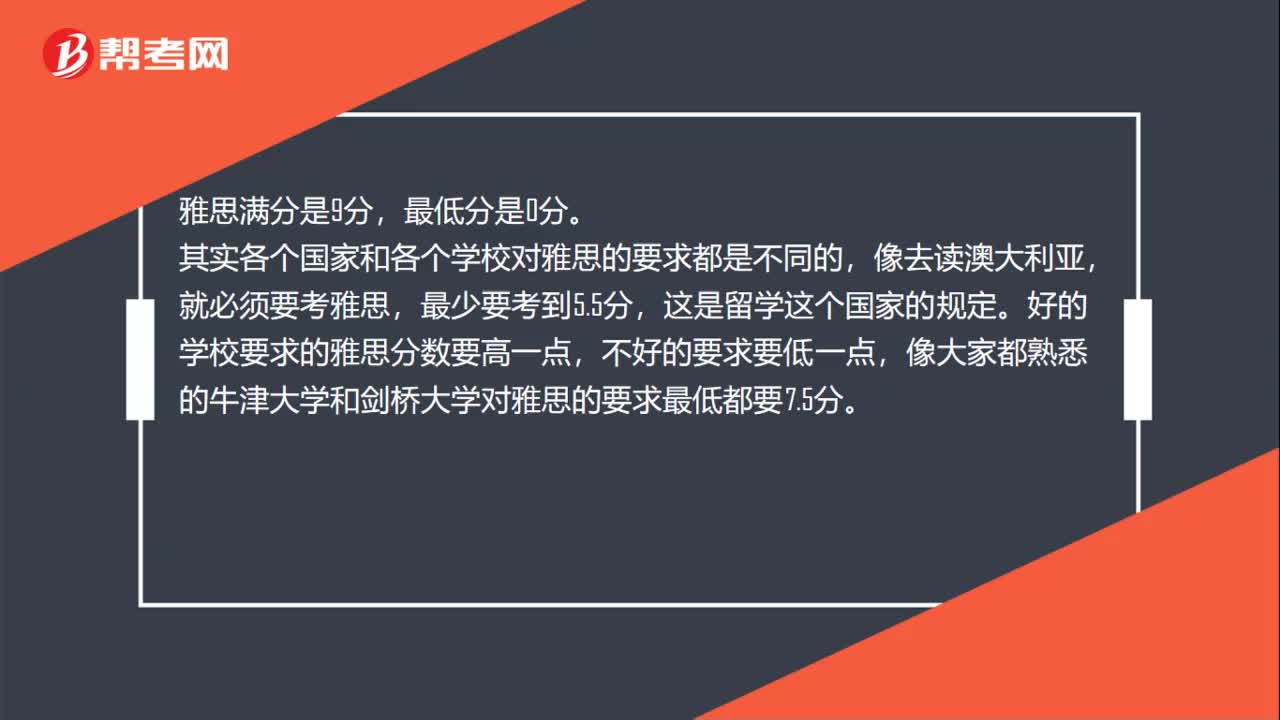 36
36雅思考试总分是多少?:雅思考试总分是多少?雅思满分是9分,最低分是0分。其实各个国家和各个学校对雅思的要求都是不同的,像去读澳大利亚,就必须要考雅思,最少要考到5.5分,这是留学这个国家的规定。好的学校要求的雅思分数要高一点,不好的要求要低一点,像大家都熟悉的牛津大学和剑桥大学对雅思的要求最低都要7.5分。
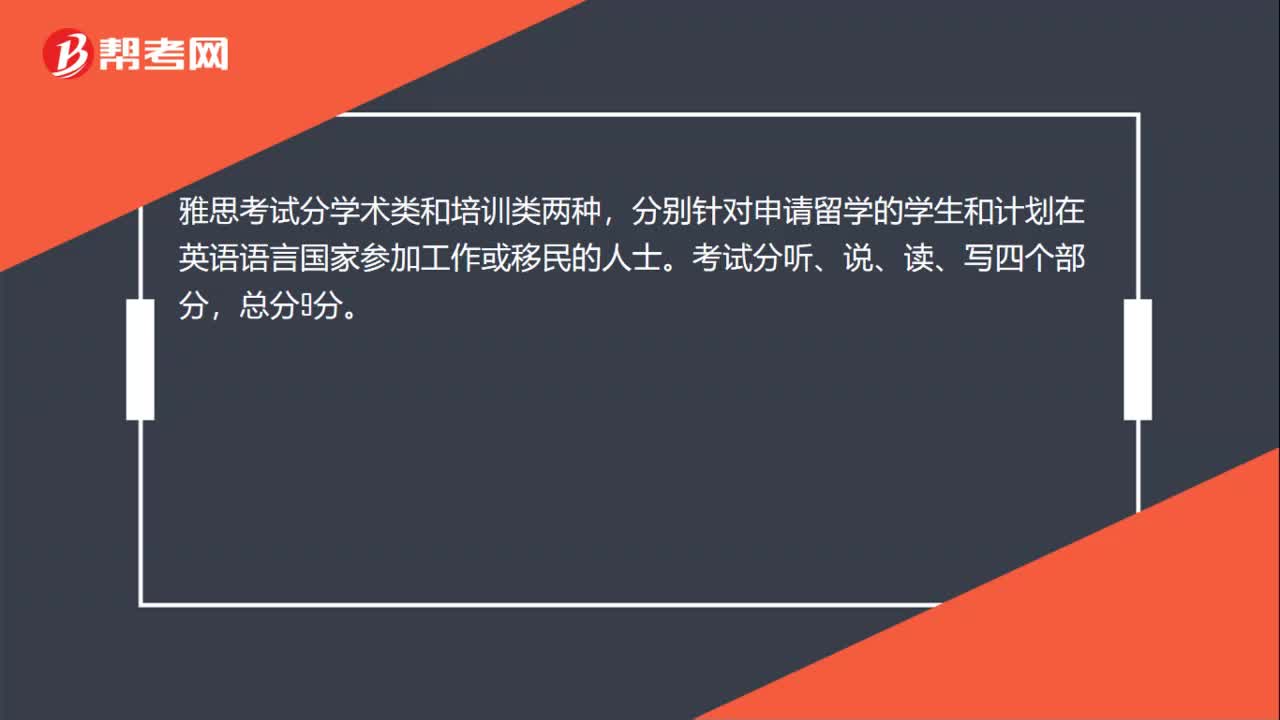 21
21雅思考试有几种类型?:雅思考试有几种类型?雅思考试分学术类和培训类两种,分别针对申请留学的学生和计划在英语语言国家参加工作或移民的人士。考试分听、说、读、写四个部分,总分9分。
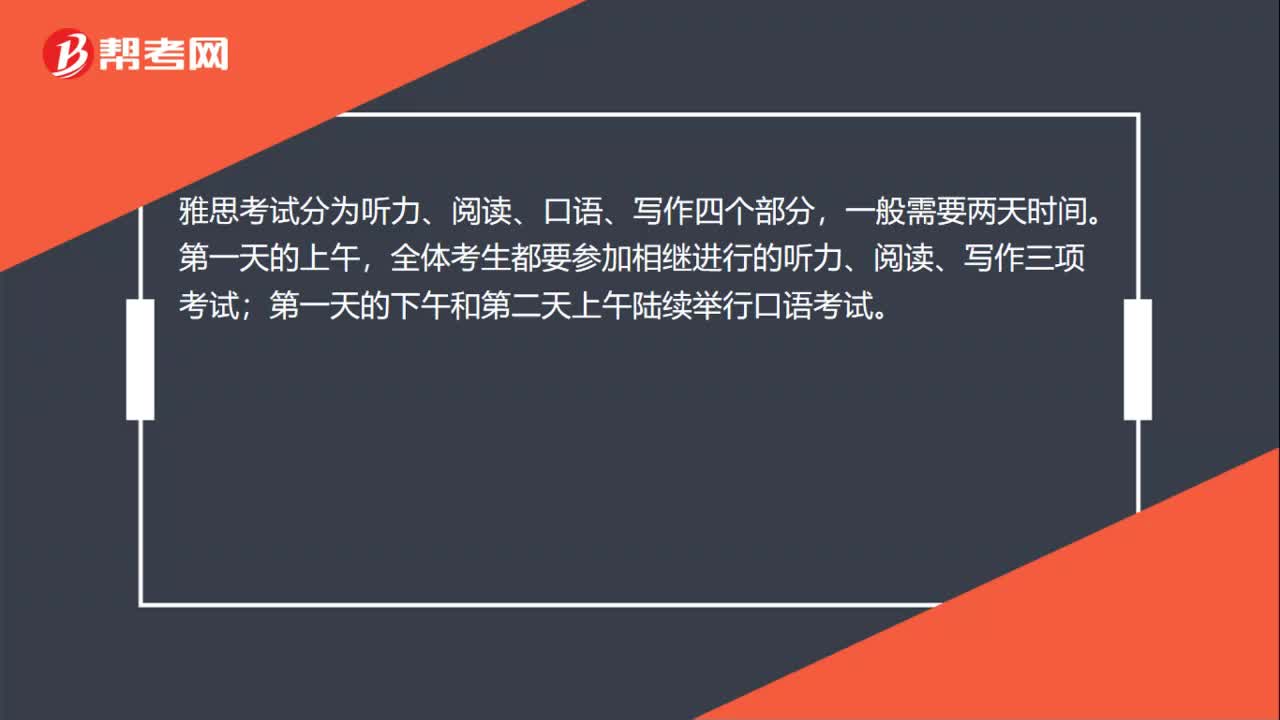 26
26雅思考试内容有哪些?:雅思考试内容有哪些?雅思考试分为听力、阅读、口语、写作四个部分,一般需要两天时间。第一天的上午,全体考生都要参加相继进行的听力、阅读、写作三项考试;第一天的下午和第二天上午陆续举行口语考试。
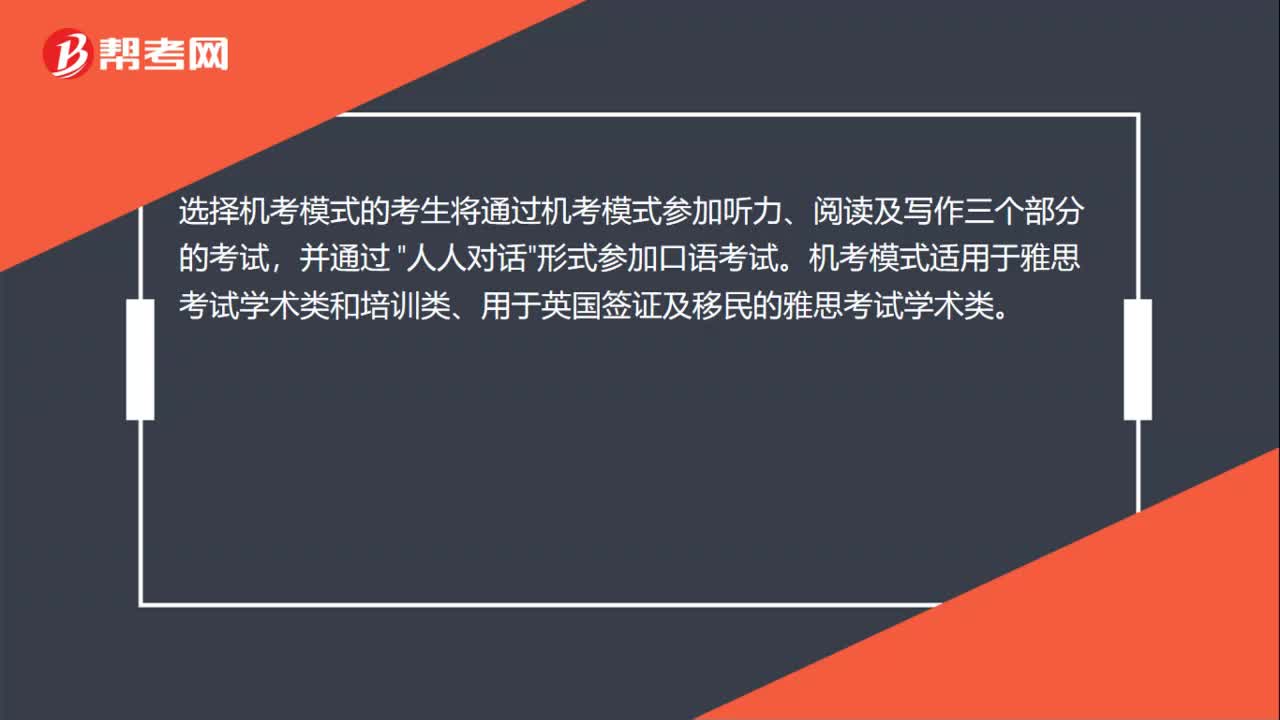 01:24
01:242020-06-01
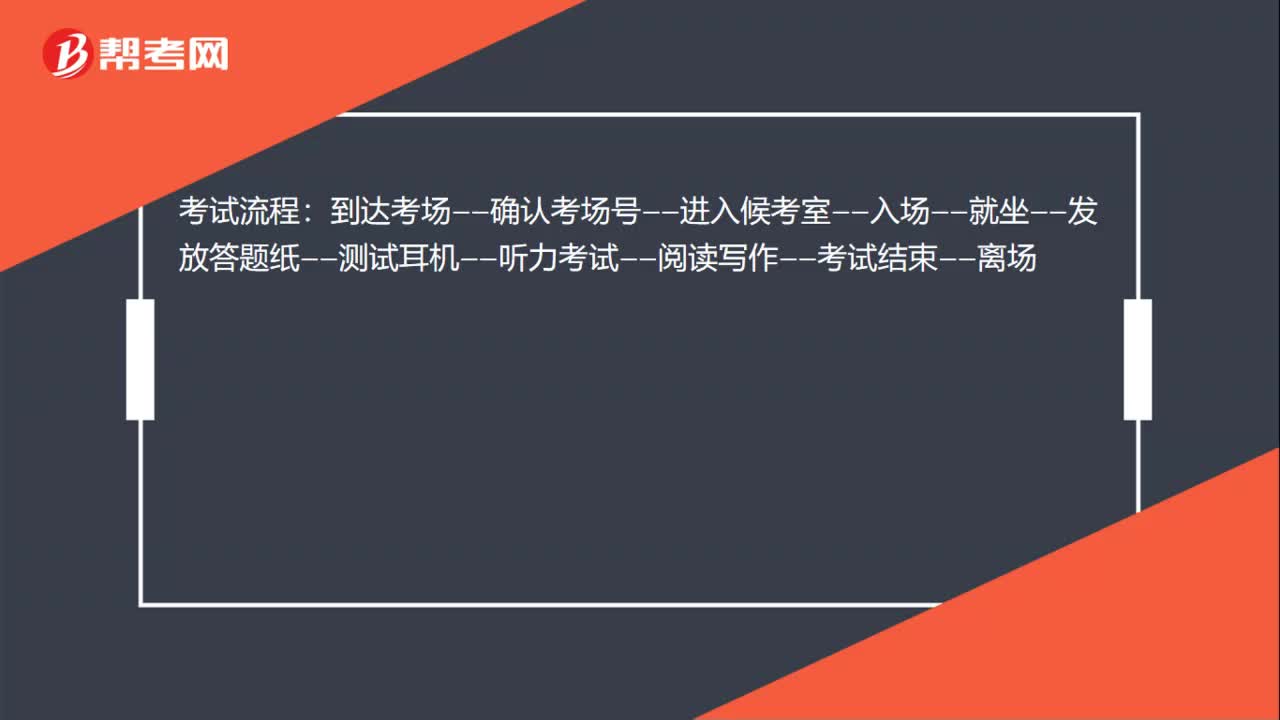 01:16
01:162020-06-01
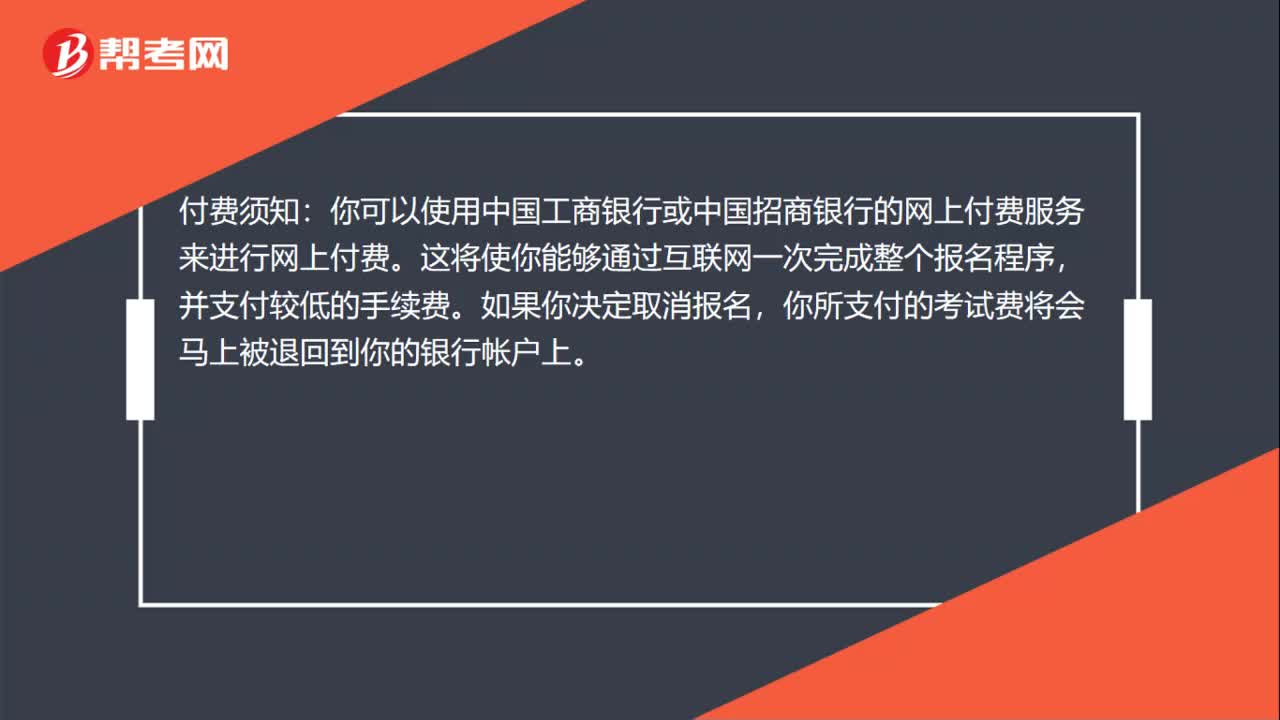 02:06
02:062020-06-01
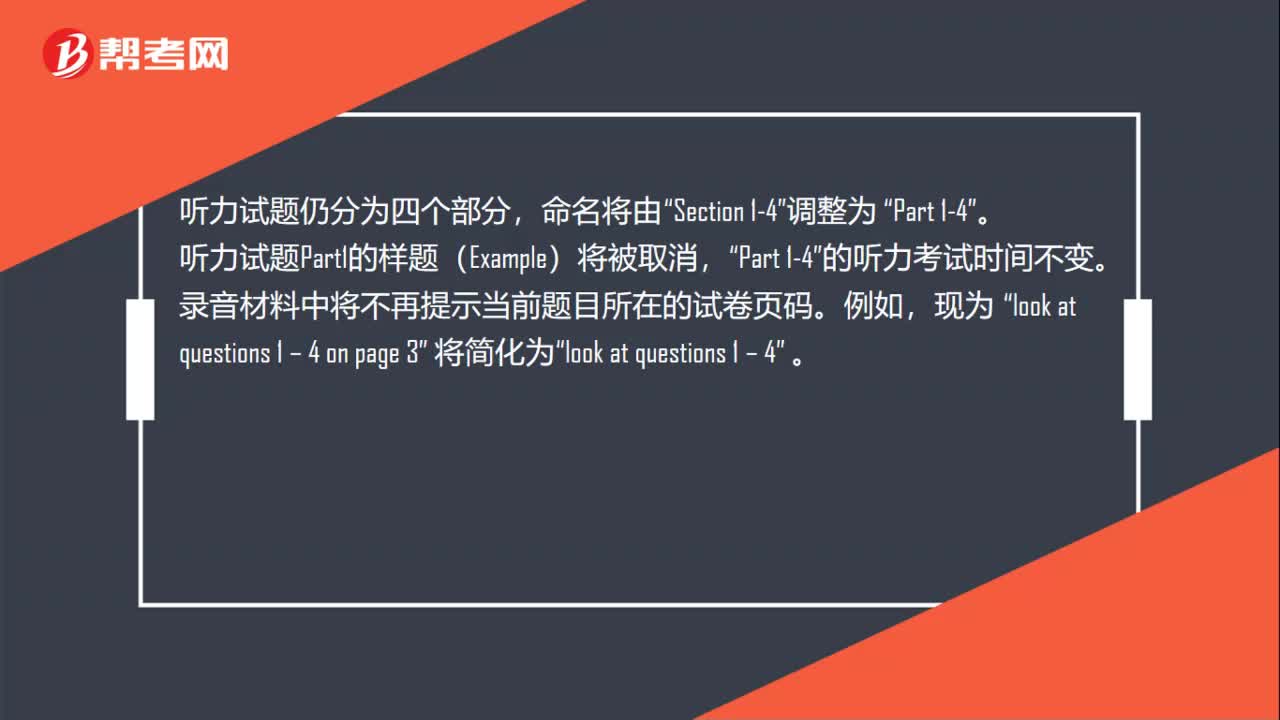 01:06
01:062020-06-01

微信扫码关注公众号
获取更多考试热门资料